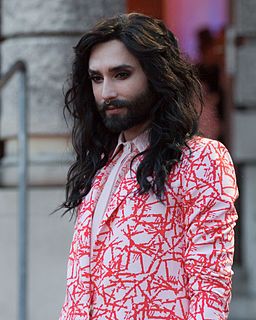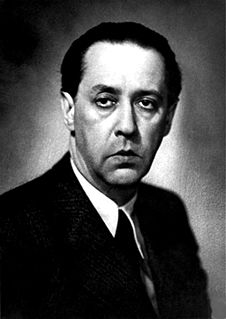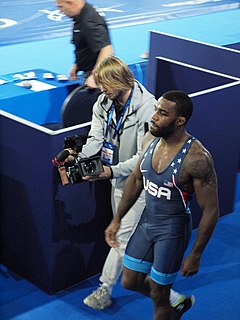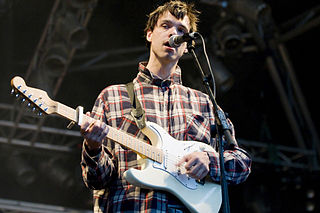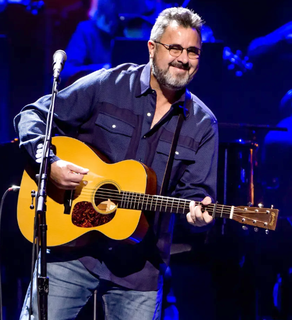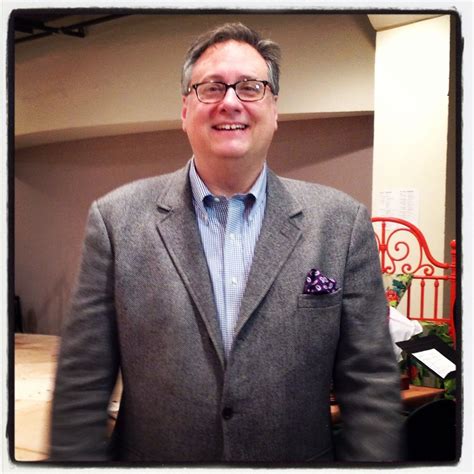A Quote by Eric Kandel
I really like the city of Vienna. I like its art, its music and its architecture. In short, I like the culture that Vienna represents. What really captures me is the period around 1900 - the time of Freud, Schnitzler and Klimt. This is the period in which the modern view of mind was born.
Related Quotes
From Vienna with Love' will build a bridge across the globe from Vienna to Sydney, full of music, love and fun. I am really looking forward to performing with the Sydney Symphony Orchestra and fabulous guest artists who all have ties to Vienna and telling a story with music that inspired me and songs from my debut album.
Vienna, to me it was the tuning fork for the entire world. Saying the word Vienna was like striking a tuning fork and then listening to find what tone it called forth in the person I was talking to. It was how I tested people. If there was no response, this was not the kind of person I liked. Vienna wasn't just a city, it was a tone that either one carries forever in one's soul or one does not. It was the most beautiful thing in my life. I was poor, but I was not alone, because I had a friend.
Salieri was a pupil of Gluck. He was born in Italy in 1750 and died in Vienna in 1825. He left Italy when he was 16 and spent most of his life in Vienna. He's the key composer between classic music and romantic music. Beethoven was the beginning of romantic music, and he was the teacher of Beethoven and Schubert.
My view of my role is that together with like-minded men and women, I could help contribute to a bipartisan view of American engagement in the world for another period; I could do my part to overcome this really, in a way, awful period in which we are turning history into personal recriminations, depriving our political system of a serious debate.
When I do period work, I really like to read about the period as much as I like to look at pictures because sometimes the written word is much better at conveying what their lives were really like and how much they had and where their clothes came from. Because, a lot of time, people dressed in their Sunday best to pose for a picture.


